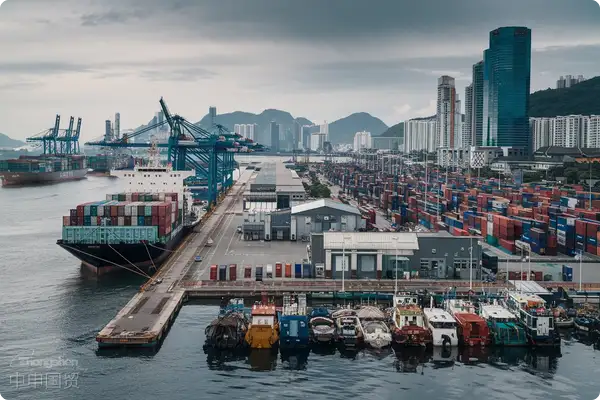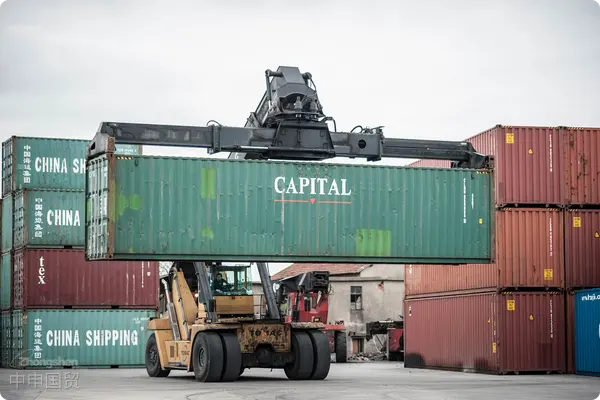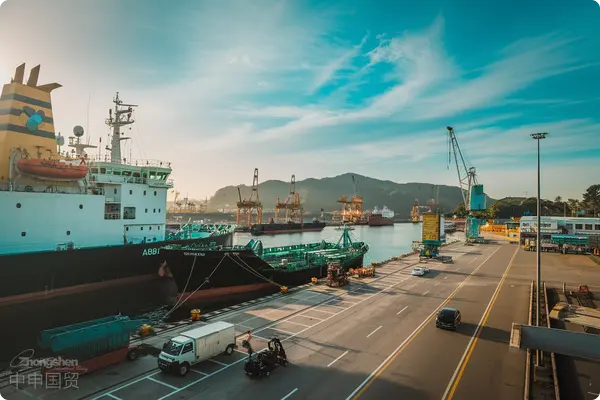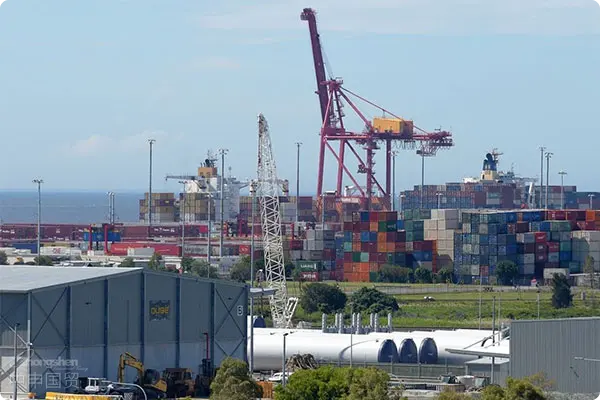- Shanghai Zhongshen International Trade Co., Ltd. - Two decades of trade agency expertise.
- Service Hotline: 139 1787 2118

The business logic behind invoice amount adjustments
In international trade practice, we often encounter clients making special financial operation requests. Recently, a peer shared a typical case: A client wanted to make one-time payment for two orders but requested the supplier to increase amounts on both commercial and proforma invoices. While this situation appears simple, it actually harbors multiple risks.
Based on my 20 years offoreign tradeexperience, clients typically make such requests for the following considerations:
- Financing needs: Clients may need bank financing, and increasing invoice amounts can expand loan limits
- Foreign exchange control: Some countries have strict foreign exchange controls, and clients want to complete multiple transaction payments at once
- : Offer comprehensive after-sales service to improve customer satisfaction.: Some clients hope to achieve tax optimization through invoice amount adjustments
- Simplify the Process: Reducing bank fees and time costs for multiple payments
Potential risks of increasing invoice amounts
While clients requests may seem reasonable, from a professional perspective, this practice carries multiple hidden dangers:
Trade Compliance Risks: Invoice amounts not matching actual transactions may violate international trade regulations. If checked by customs or tax authorities, companies may face fines or even damage to corporate credit.
Tax processing challengesIncreasing the invoice amount will lead to data inconsistencies in VAT invoices,Export Drawbackand other processes. How to explain the discrepancy to tax authorities during tax refund? This will become a tricky practical issue.
Hidden risks of debt disputes: If trade disputes arise later, the inconsistency between invoice amount and actual transaction may cause difficulties in debt recognition, affecting recovery rights.
Capital repatriation risk: If the overpaid amount needs to be returned to the customer, such operation may involve irregular fund flows, violating foreign exchange regulations.
Professional solutions
Facing this situation, I recommend adopting the following professional approaches:
Option 1: Combine orders for batch shipments
- Merge two orders into one master order, showing total quantity and amount on the proforma invoice (PI)
- Issue commercial invoices separately for each shipment batch with amounts matching actual shipments
- Ensure the invoice amount used for customer clearance matches the actual goods value
Option 2: Advance payment with batch settlement
- Negotiate with the customer to adopt advance payment, allowing one-time payment for multiple orders
- Issue invoices according to actual amounts for each shipment batch
- Retain advance payment balance for subsequent orders to avoid fund return issues
Option 3: Bank guarantee orL/C
- Suggest the customer operate through bank guarantee or letter of credit
- Specify payment arrangements for multiple orders in financial instruments
- Ensure document amounts match actual transactions and comply with international practices
Practical Operational Suggestions
In actual business operations, the following details also need attention:
Understand customers real needs: Communicate thoroughly with the customer to clarify the real reason for increasing invoice amount. Different reasons require different response strategies.
Maintain complete communication records: All order adjustment communications with customers should be confirmed in writing to avoid future misunderstandings.
Consult professional institutions: When uncertain, consult professional customs brokers, freight forwarders or trade lawyers to ensure compliance.
Maintain document consistency: Proforma invoices, commercial invoices, packing lists, bills of lading and other documents must maintain logical consistency - this is a fundamental requirement in international trade.
Conclusion
In international trade, while flexible handling of customer needs is important, maintaining compliance bottom lines is more crucial. Invoice amount adjustment may seem minor but could trigger chain reactions. As professional traders, we must both meet reasonable customer needs and prevent potential risks - this is the way for sustainable operation.
Remember, any financial operation deviating from actual transactions requires extreme caution. When encountering similar situations, consider these recommendations or seek professional advice to ensure business develops steadily on compliant tracks.
Related Recommendations
? 2025. All Rights Reserved. Shanghai ICP No. 2023007705-2  PSB Record: Shanghai No.31011502009912
PSB Record: Shanghai No.31011502009912










